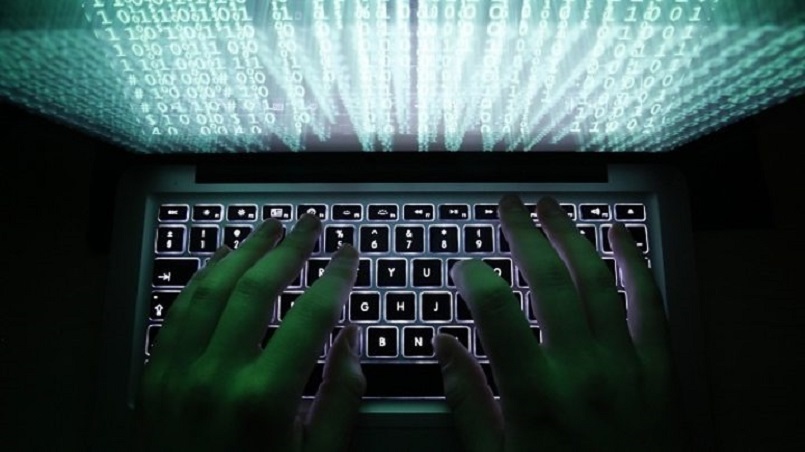
Cyber-attacks that have hit 150 countries since Friday should be treated by governments around the world as a "wake-up call", Microsoft says.
The computing giant said software vulnerabilities hoarded by governments have caused "widespread damage".
The latest virus exploits a flaw in Microsoft Windows first identified by US intelligence.
There are fears of further "ransomware" attacks as people return to work on Monday.
Many firms have had experts work over the weekend to prevent new infections. The virus took control of users' files, demanding payments to restore access.
The spread of the virus slowed over the weekend but the respite might only be brief, experts have warned. More than 200,000 computers have been affected so far.
A statement from Microsoft president and chief legal officer Brad Smith on Sunday criticised the way governments store up information about security flaws in computer systems.
"We have seen vulnerabilities stored by the CIA show up on WikiLeaks, and now this vulnerability stolen from the NSA has affected customers around the world," he wrote.
"An equivalent scenario with conventional weapons would be the US military having some of its Tomahawk missiles stolen."
He added: "The governments of the world should treat this attack as a wake-up call."
Microsoft said it had released a Windows security update in March to tackle the problem involved in the latest attack, but many users were yet to run it.
"As cybercriminals become more sophisticated, there is simply no way for customers to protect themselves against threats unless they update their systems," Mr Smith said.
Temporary fix
Meanwhile Europol's chief told the BBC that that the ransomware was designed to allow "infection of one computer to quickly spread across the networks", adding: "That's why we're seeing these numbers increasing all the time."
Although a temporary fix earlier slowed the infection rate, the attackers had now released a new version of the virus, he said.
A UK security researcher known as "MalwareTech", who helped to limit the ransomware attack, predicted "another one coming... quite likely on Monday".
MalwareTech, who wants to remain anonymous, was hailed as an "accidental hero" after registering a domain name to track the spread of the virus, which actually ended up halting it.
